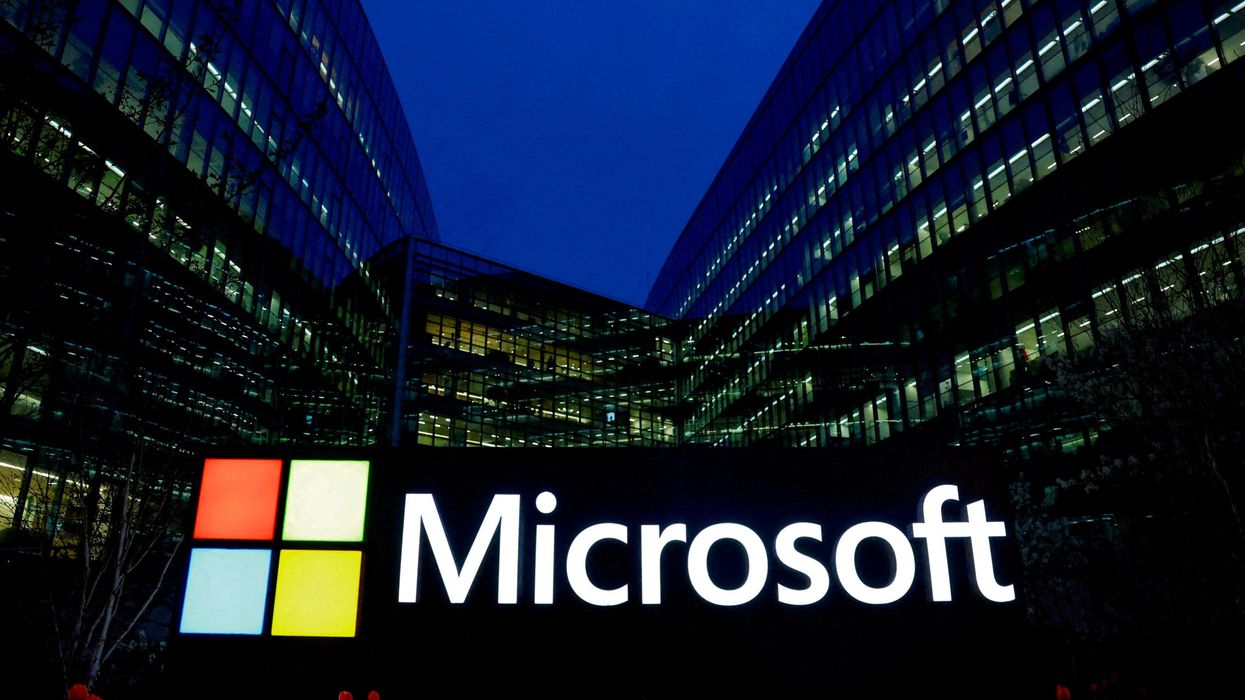MICROSOFT has ditched its board observer seat at OpenAI in a move aimed at easing US and UK antitrust regulators' concern about the extent of its control over the AI startup amid the soaring popularity of generative artificial intelligence.
Meanwhile, Apple, which last month said it was bringing OpenAI's chatbot ChatGPT to its devices, will not take an observer role on OpenAI's board after being widely expected to do so, the Financial Times reported, citing a person with direct knowledge of the matter. Apple did not respond to a request for comment.
An OpenAI spokesperson said the company would establish a new approach to engaging with stakeholders by hosting regular meetings with strategic partners such as Microsoft and Apple, and investors such as Thrive Capital and Khosla Ventures.
Microsoft took a non-voting, observer position on OpenAI's board in November after OpenAI CEO Sam Altman took back the reins of the company.
The seat meant Microsoft could attend OpenAI's board meetings and access confidential information but had no voting rights on matters including electing or choosing directors.
The observer seat and Microsoft's more than $10 billion (£7.79bn) investment in OpenAI have triggered unease among antitrust watchdogs in the European Union, Britain and the US over how much control it exerts over OpenAI.
The position provided insights into the board's work without compromising its independence, Microsoft said in a letter to OpenAI dated July 9.
It cited OpenAI's new partnerships, innovation, and growing customer base since Altman's return to the startup as reasons for giving up its observer seat.
"Over the past eight months we have witnessed significant progress by the newly formed board and are confident in the company's direction. Given all of this we no longer believe our limited role as an observer is necessary," it said in the letter.
EU antitrust regulators last month said the partnership would not be subjected to the bloc's merger rules because Microsoft does not control OpenAI, but they would instead seek third-party views on the exclusivity clauses in the agreement.
In contrast, British and US antitrust watchdogs continue to have concerns as well as questions about Microsoft's influence over OpenAI and the latter's independence.
Microsoft is making a smart move by dropping the one tangible evidence of possible control over OpenAI, making it harder for antitrust regulators on both sides of the Atlantic to prove otherwise, said an antitrust lawyer who declined to be named due to the sensitivity of the matter.
Britain's Competition and Markets Authority declined to comment.
Microsoft and OpenAI are increasingly competing to sell AI technology to enterprise customers, aiming to generate revenue and demonstrate their independence to regulators to address antitrust concerns.
Additionally, Microsoft is expanding its AI offerings on the Azure platform and has hired Inflection's CEO to head its consumer AI division, a move widely interpreted as an effort to diversify beyond OpenAI. (Reuters)




